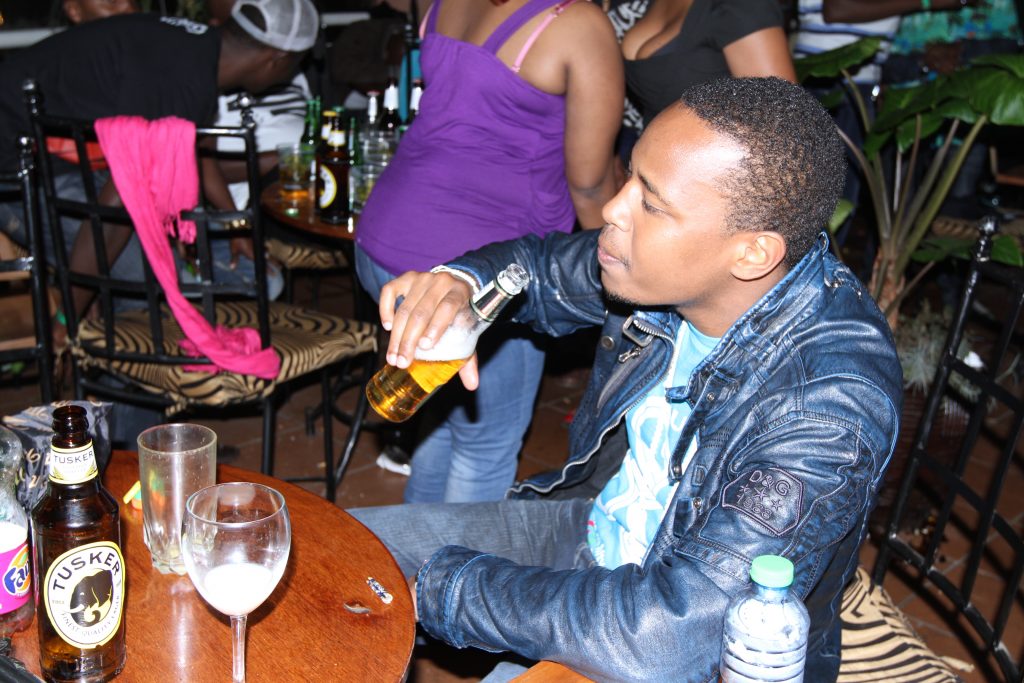Kenyan secular artists are getting saved for all the wrong reasons
Every now and then, you’ll hear that a certain secular musician has seen the light and crossed over to the gospel industry. I, however, doubt whether most of them are genuine.
First of all, most of them never have a backstory to their salvation. It’s an impulsive move in most cases. My assumption is that if you decide to get saved, there’s a series of events that led you there. You didn’t just wake up one morning and saw it fit to seek redemption.
Secondly, for most of these musicians, it’s a business move more than anything because you’ll never hear that so and so who is a secular musician saw the light and quit music or became a pastor. They always dash to the gospel industry which is often perceived as more profitable.
You see, Kenya’s gospel industry was much bigger than the secular industry until recently. 5 or so years ago, at a time like now, the biggest hits in Kenya were gospel songs. Bahati, Willy Paul, DK Kwenye Beat, Mercy Masika, Gloria Muliro, etc ruled the airwaves.
If you remember, most secular artists got saved and switched to the gospel industry around this time. Interestingly, the secular industry started improving and somewhere along the way it overtook the gospel industry. But that’s a story for another day.
For a long time, the gospel industry was bigger because it had structures that were working. Simply put, it was more organized. That’s why award ceremonies such as Groove Awards are still relevant to date.
Sponsors could trust event organizers with funds. Artists also had faith in event organizers unlike the secular industry where you were likely to be swindled. And no, I don’t imply that people have never been conned in the gospel industry, the probability is just low.
At the end of the day, most artists got paid for their work. Then there’s the obvious fact that gigs were more because the gospel industry was bigger at the time. The likes of Bahati or Willy Paul had a show almost every weekend. This seems to have enticed their secular counterparts so much so that they decided to seek salvation.

Lastly, when you cross over to the gospel industry you are likely to grow your fan base. Think of it like this, gospel music cuts across demographics. Your song will definitely reach more people if you throw in the words ‘Jesus’ and ‘Bible’, so why not?
A gospel artist can also perform at both secular and gospel gigs whereas a secular artist is limited to secular gigs.
These are just some of the reasons why I feel that most secular artists were getting saved for all the wrong reasons. This theory is backed by the fact that most secular musicians who crossed over to the gospel side did not even last for long.
The gospel industry has an unwritten code of conduct, i.e. you are expected to behave in a certain way. When you switch to gospel you are expected to stop some things that you had gotten used to like partying. Some of them find it hard so the quit and go back to doing secular music.

What do you think? Leave a comment below.









